“I’m working on my PhD now at the University of Memphis, and my emphasis is on helping and supporting other struggling families. I’ve been working quite a bit lately with residents of Foote Homes. When it’s torn down, many of them will be displaced, and they’re worried. Sitting down with them, forming relationships, and talking about the challenges they face made me realize I didn’t know as much as I thought. What I think they need, they may not. A woman recently told me, ‘I wish someone higher up would come into our community and ask us what our needs are instead of just creating more programs. They think, Oh, give her more food stamps, but I don’t need more food stamps. Once we have to leave, I’m going to need transportation and childcare. I had it all worked out with the help of neighbors and friends, but when my home is gone, what am I going to do? Where am I going to go? How will I get to the places I need to be?’ These residents are losing relationships they’ve had for a lifetime. They’re losing connections to organizations and resources they trust and have had access to for years. There are resource people who've been appointed to help, but it takes time to develop trust relationships. There’s so much fear about the changes, fear for their children, and stress about the future. We need to be listening to these families and finding out from them what they need most. My dream is to someday be able to provide a resource center for people who are struggling: a one-stop place where they can have housing, job training, classes, counseling, day care, transportation options, and other services. So many people need help."
|
“I went to church when I was growing up---this is the Bible Belt after all---but it was just to make my parents happy. I wasn’t into it. Then, in college, I got pregnant. After that, I thought: ‘I’ll never go back now. Everybody will talk about me.’ I was scared and upset because I was just a child myself; my parents were still paying my bills. I didn’t want to become a statistic, but I didn’t know how I was going to take care of this baby. My dad had been very ill and he passed away before I found out I was expecting, so part of my support system was gone, which made it even harder. For a long time I avoided church like the plague; I thought everybody would look down on me. But five years ago, a former coworker recommended me for a program her church had that provided Christmas for single parents, and after that I thought I would try it. I would visit. I had in mind just to go in, say my prayers, and leave, but from the moment I stepped through those doors, they were so welcoming. They loved me, they loved my son, and they helped me feel a part of a single moms class where other mothers were dealing with the same things I was dealing with. I felt such relief. I thought, ‘This is home. I’ll be here till I die.’ My son is 9 now and loves it too. Between the mentoring he's received at church and in his Taekwondo classes, he's doing well and is a very happy kid. I know I couldn’t have made it without the support I’ve gotten. “I’m working on my PhD now at the University of Memphis, and my emphasis is on helping and supporting other struggling families. I’ve been working quite a bit lately with residents of Foote Homes. When it’s torn down, many of them will be displaced, and they’re worried. Sitting down with them, forming relationships, and talking about the challenges they face made me realize I didn’t know as much as I thought. What I think they need, they may not. A woman recently told me, ‘I wish someone higher up would come into our community and ask us what our needs are instead of just creating more programs. They think, Oh, give her more food stamps, but I don’t need more food stamps. Once we have to leave, I’m going to need transportation and childcare. I had it all worked out with the help of neighbors and friends, but when my home is gone, what am I going to do? Where am I going to go? How will I get to the places I need to be?’ These residents are losing relationships they’ve had for a lifetime. They’re losing connections to organizations and resources they trust and have had access to for years. There are resource people who've been appointed to help, but it takes time to develop trust relationships. There’s so much fear about the changes, fear for their children, and stress about the future. We need to be listening to these families and finding out from them what they need most. My dream is to someday be able to provide a resource center for people who are struggling: a one-stop place where they can have housing, job training, classes, counseling, day care, transportation options, and other services. So many people need help." Georgette Kearney teaches a campus orientation class for new students at the University of Memphis, owns a travel business, and is currently in a doctoral program at the U of M. She has two Bachelor's degrees (one in Communication and one in Education) and an M.A. in Public Administration & Counseling. The two organizations mentioned in this story are Highpoint Church and Midtown Taekwondo.
I absolutely love those moments when I'm doing a Connecting Memphis interview with a complete stranger and somewhere in the middle of the conversation, we find our common ground. That happened again today. I was walking in the Spottswood / Carnes / Boston St. / Baltimore St. area (just south of Southern), when I ran across a young woman who was standing in her doorway watching her children play. She invited me up to the porch and we sat and talked for a long time. We had so much in common that it made us both laugh out loud. Not only were many of our experiences similar, but our reactions were as well. For instance, we both have a strong streak of independence and it took both of us many years to learn that it's okay to ask for help when we need it. I loved having that time with her, even if we never run across each other again. My favorite author, Anne Lamott, puts it this way: “When you tell the truth and somebody says ‘Me too’, then you know you’re home.” That's what it felt like today. I don't know when in the history of humankind that we ever got the idea that skin color or where somebody happens to live or how much money they have makes us so different from one another. It doesn't. Every single person is made in the image of God and is valuable beyond description. Period. End of story. The "Love" sign above, hand-lettered by artist Frank Robinson, was photographed at Caritas Village, 2509 Harvard.
"If somebody new came to my school and wanted to make friends, I would tell them: 'Be yourself. Do what you do. Be friendly and nice and listen to people. If you see somebody who's feeling lonely, talk to them and play with them. If you do that, you will have friends.' Caleb is my best friend. He's nice and he's loyal."
"I was born in 1927 and was the only girl in a family of three brothers. My older brother Milas had a paper route, and on Saturdays after collecting money for the week he would give my younger brother and me a quarter each so that we could go to the Saturday movie and get popcorn and and a coke. Milas became a pilot in the Air Force and was killed in World War II in 1945. Living through the war years, the death of my brother, the death of President Roosevelt, the use of the atom bomb at the end of the war, and the murder of President Kennedy have been burned into my memory. As the country turned to God during those dark days, as well as more recently after the attack of 9/11, I believe we must again return to God to seek his guidance and blessings on our great country as we go through the turmoil of this election year." Terry, age 16, senior in high school: Terry, husband Jim, and their young family: Jim served in the military during WWII, and Terry worked with the Corps of Engineers. They met when he returned from the war in 1946 and dated 3 months before marrying and moving to Nashville for Jim to complete his engineering degree at Vanderbilt (on the G.I. Bill). "When I met Jim, I was 18 years old, having worked over a year at the Corps, so of course I was old enough to get married!" They were together until Jim's death in 1984 at the age of 61. Terry is now 88 years old.
"I have five children, and I think the most important thing to pass on to them is a commitment to seek peace and justice in the world. I want them to respect people and to be fair and honest. If they understand that, I will be very happy." A few more photos from the Memphis Palestine Festival 2016:
"I'm part of a Palestinian group that dances at weddings and festivals. I started learning how when I was 7, and I'm 11 now. This is only my second time to dance in public. I like it. It's fun. I want to be a lawyer someday and give justice to good people." With mother and grandmother: Imad and grandmother:
"Respect for parents, taking care of family, holding on to our heritage, and treating people fairly are all very important in our culture." Boran explains: "You start learning to make bread when you are a child. It becomes like exercising a muscle because you do it every day."
AMAL (right): "I grew up watching my mother and aunt embroider. Everyone does it, neighbors do it, and it's even taught in school. I've done it all my life; it's a tradition passed down from generation to generation. Everyone helps each other because it take such a long time to make even one thing. I taught all five of my daughters to embroider, and we all worked together to make each of them a dress. It took about six months to finish one, and when it was done, we all worked together on the next one."
AIDA: "Neighbors come over to help, and we sit and talk while we sew. It's better than watching TV." "I'm originally from Nigeria, but I came here to go to school at the University of Memphis; that's where I got my degree. Living here, I saw a need and wanted to be an asset to the city, so I became a firefighter / EMT. I was ready to make a commitment to serve and to help. The hardest part of the job is the danger, but life is full of dangers. I've been a firefighter now for 24 years and 11 months. Memphis has been a good place to live and to raise my children." (I asked him why he was wearing an Ole Miss shirt since he graduated from the U of M. His response: "I promote everybody!")
“Troop 60 was created two years ago to support children and families in the community with bilingual Scouting experiences. It's the only bilingual Hispanic unit in the Mid-South. A lot of people from Mexico or other Spanish-speaking countries feel like outsiders when they come here, like they don’t belong, and Scouting has become a way for them to connect with each other and with the larger culture. Ronaldo's story is typical of so many boys in our troop. His mother talks about how out-of-place her son felt when the family first moved here. The language was different, the culture was strange to him, and he didn’t know how to fit in, but once he got involved in Scouting, he found friends and developed self-confidence. It’s like he finally found his place in the United States. Now he wears his uniform and carries himself with pride. The program's core values have closed the gap between the two cultures, and now he feels at home. In fact, the whole family has become involved in the troop. Scouting is fun for all of them.” [NOTE: Chickasaw Council Troop 60 meets at St. Michael’s Catholic School.] Troop 60 (with family members) on a recent outing (photos courtesy of Ayleem): Ayleem is an Upper Spanish Teacher with Shelby County Schools and Hispanic Assistant Scoutmaster with Troop 60.
For more information about Troop 60, message Thunderbird District BSA Memphis on FB at https://www.facebook.com/Thunderbird-District-BSA-Memphis-154437557904433/ Chickasaw Council: http://chickasaw.org |
Archives
March 2021
|
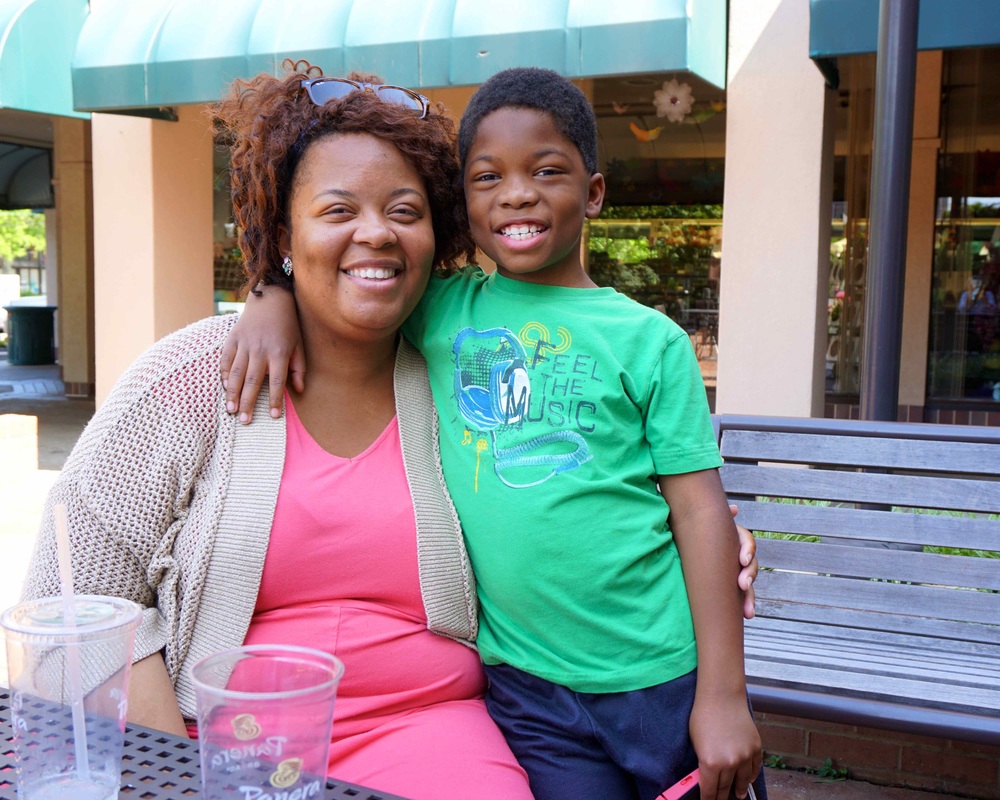
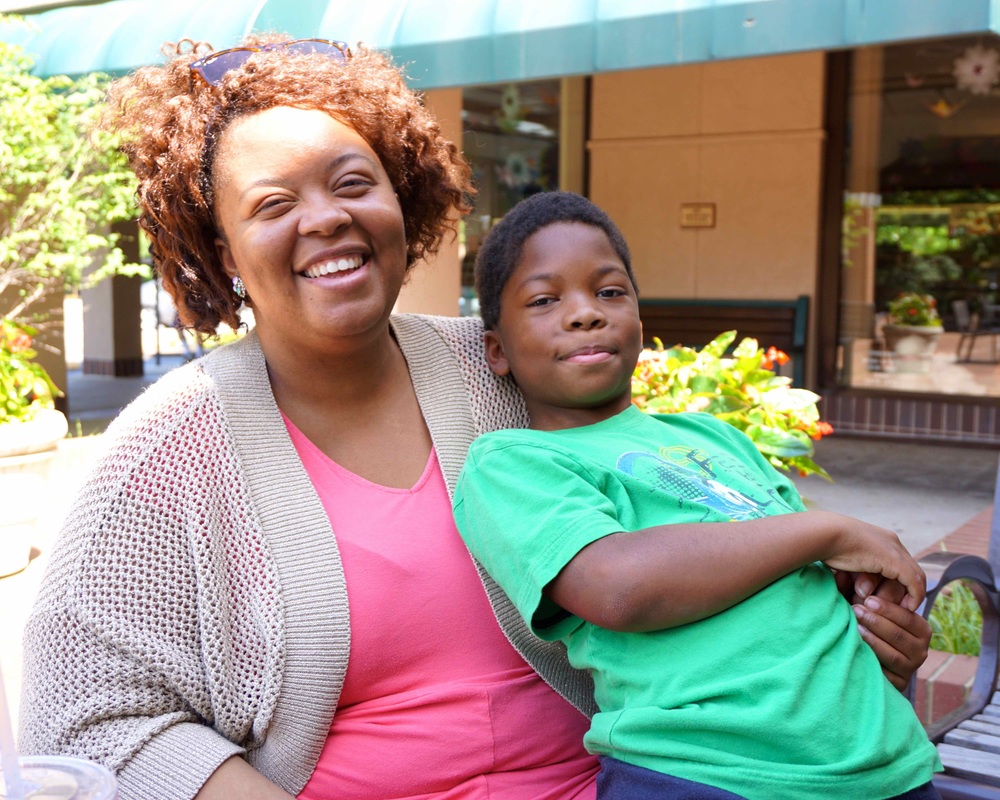
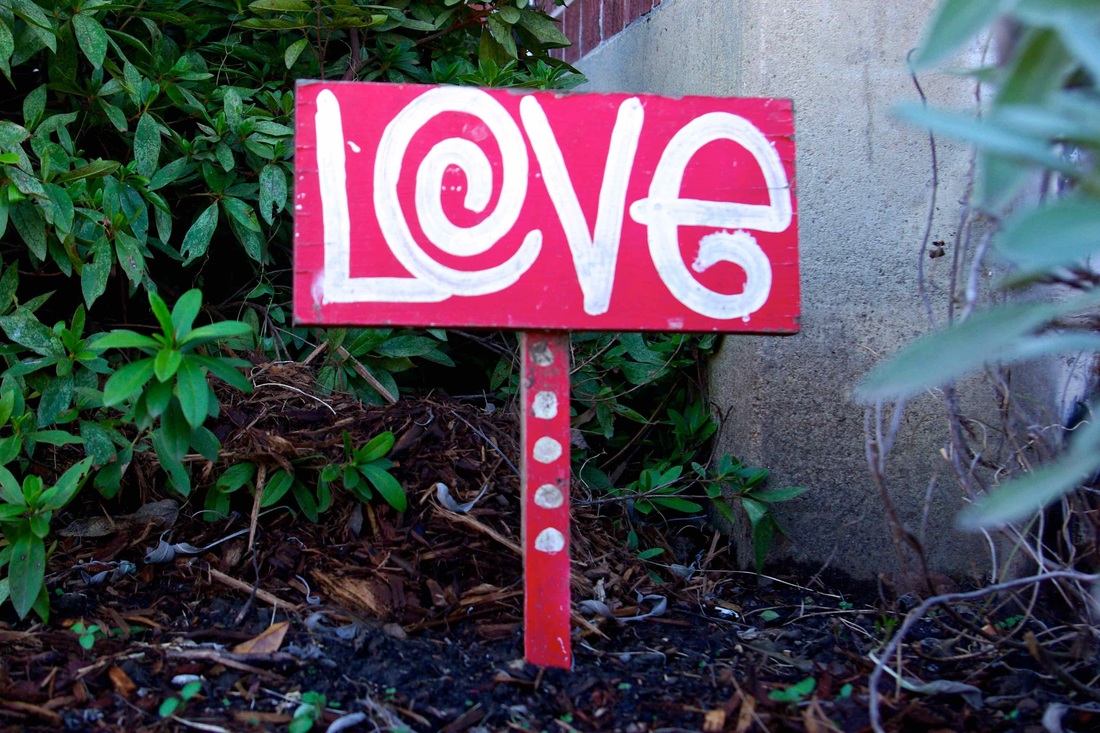
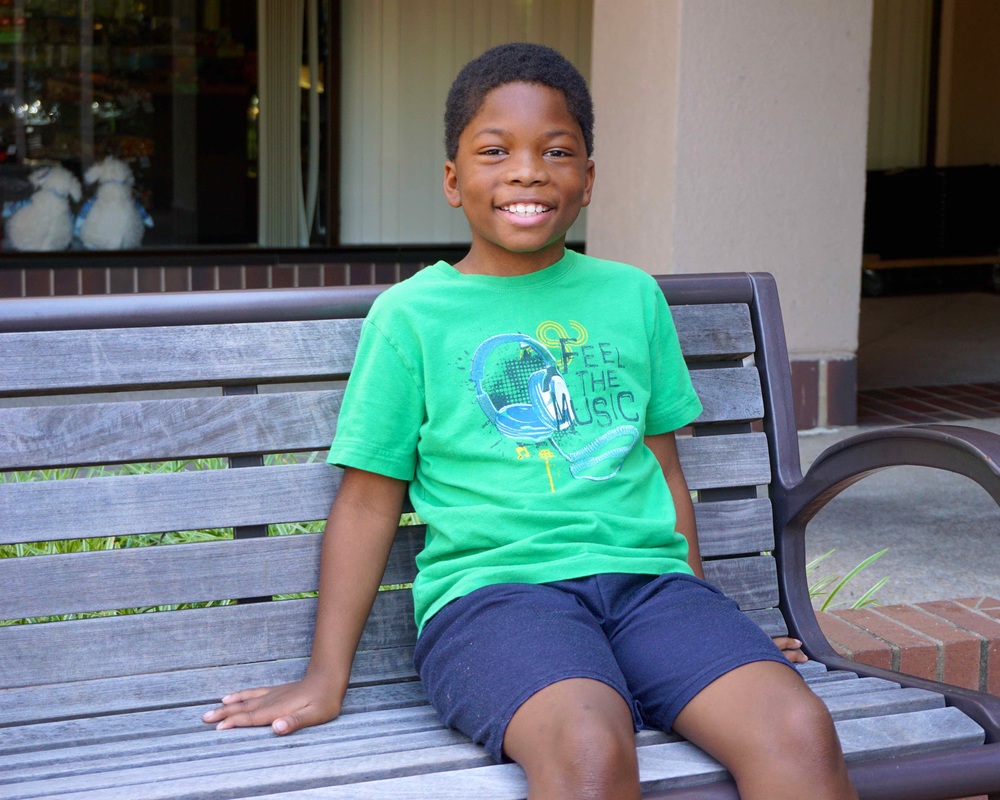
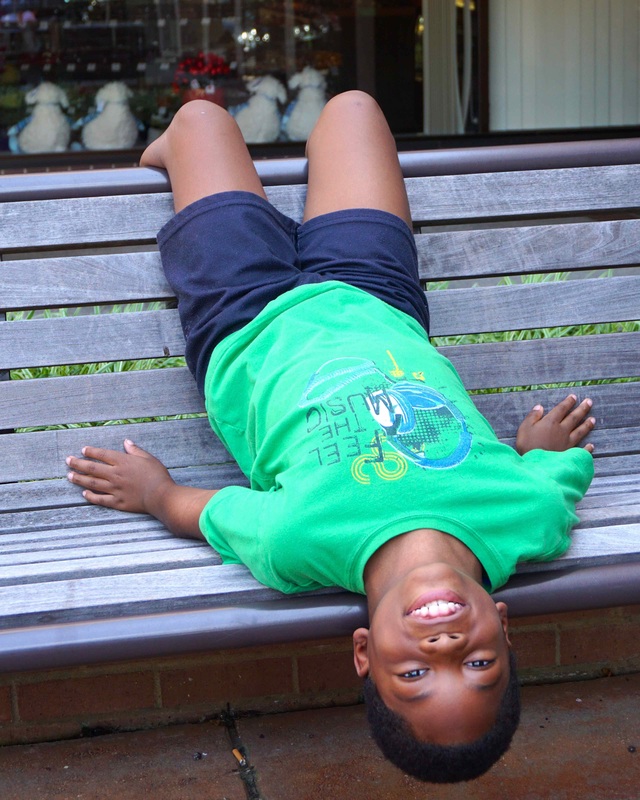
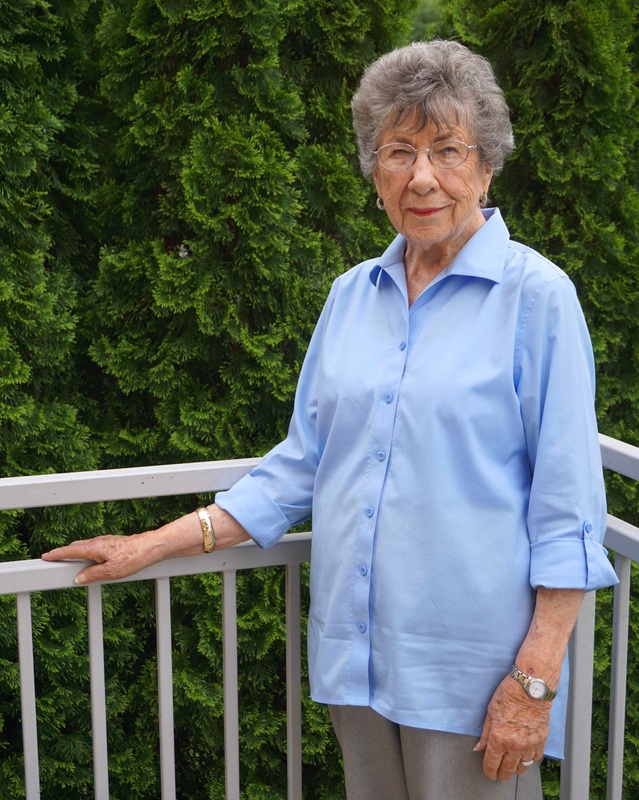
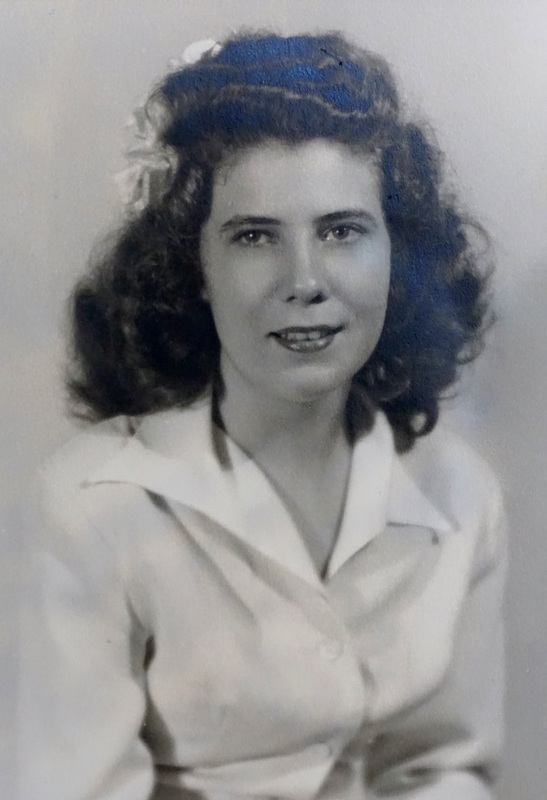
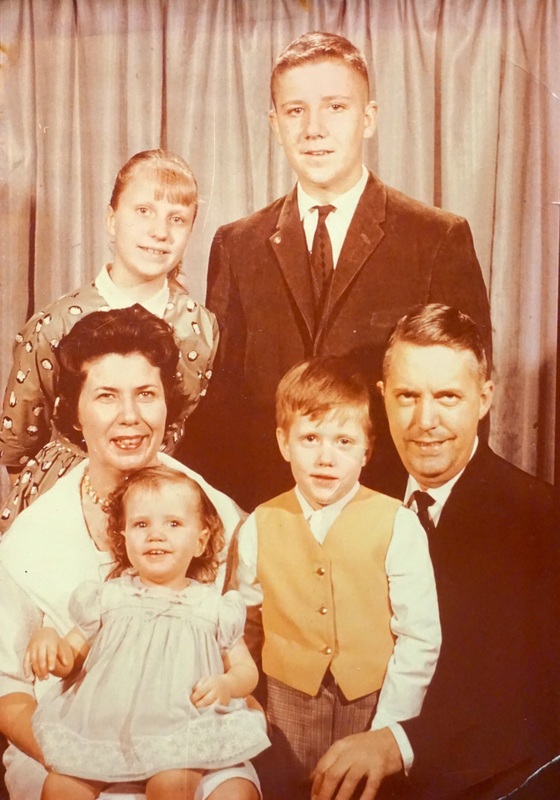
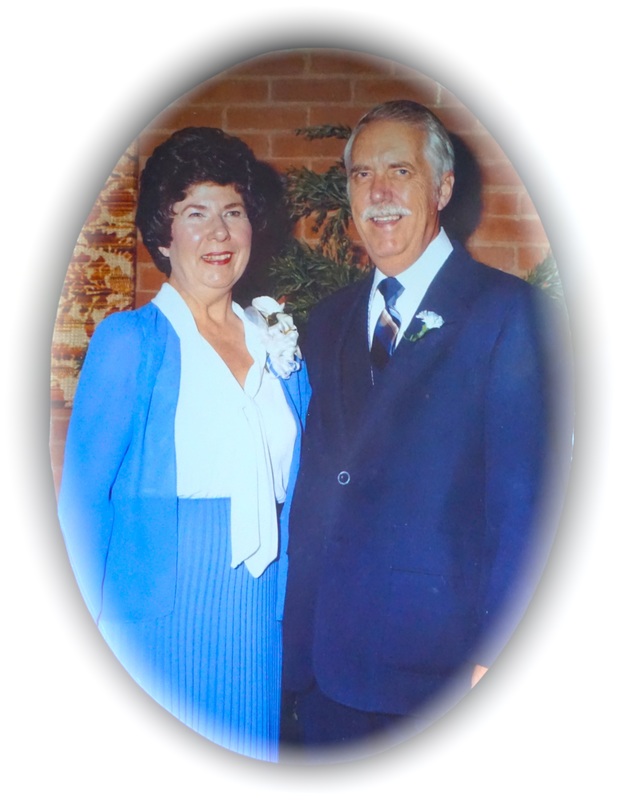
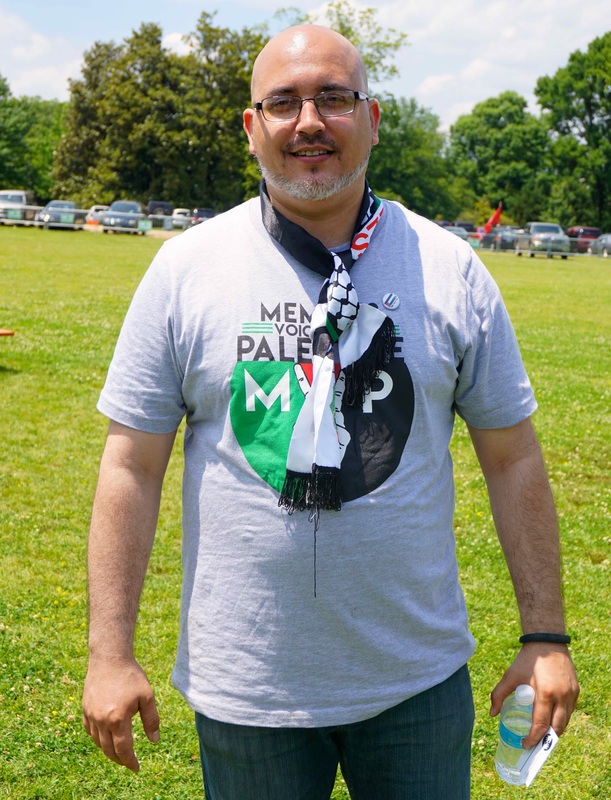
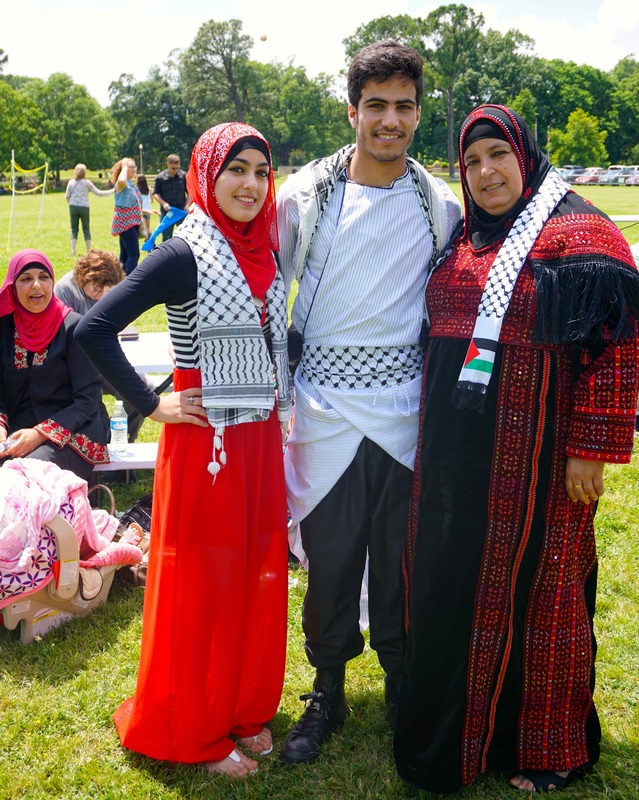
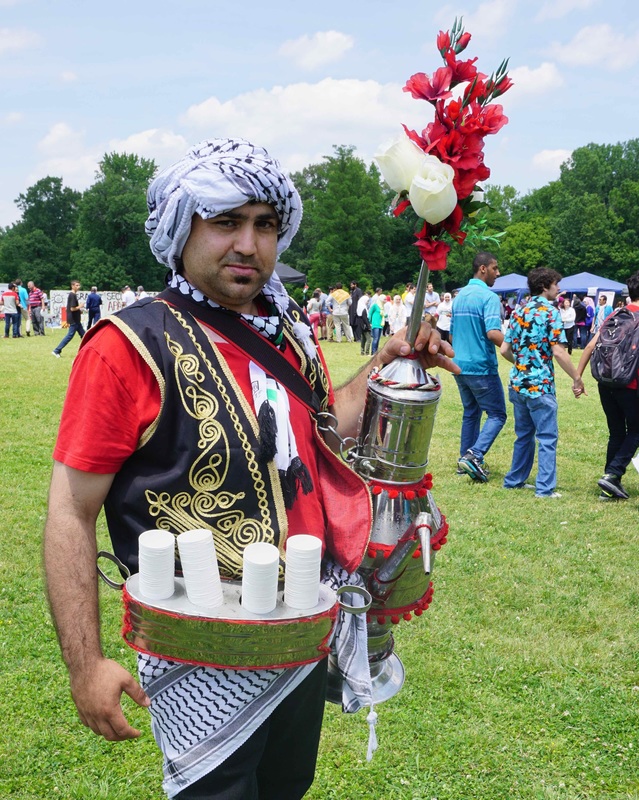
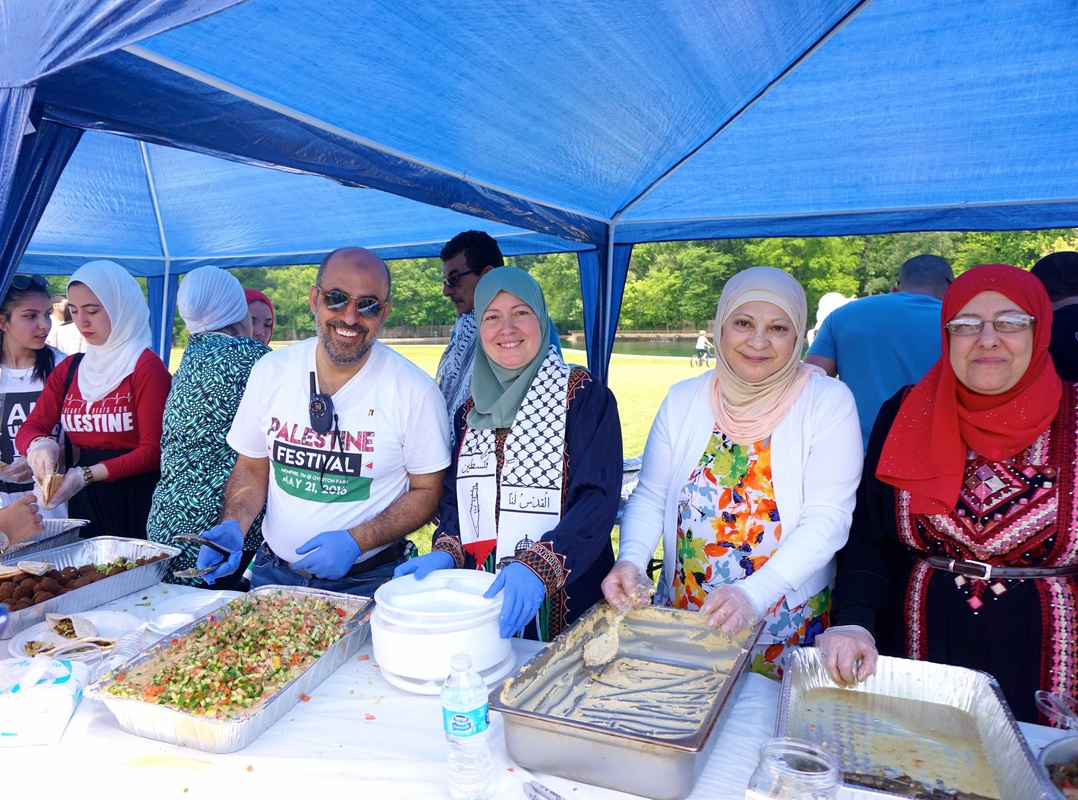
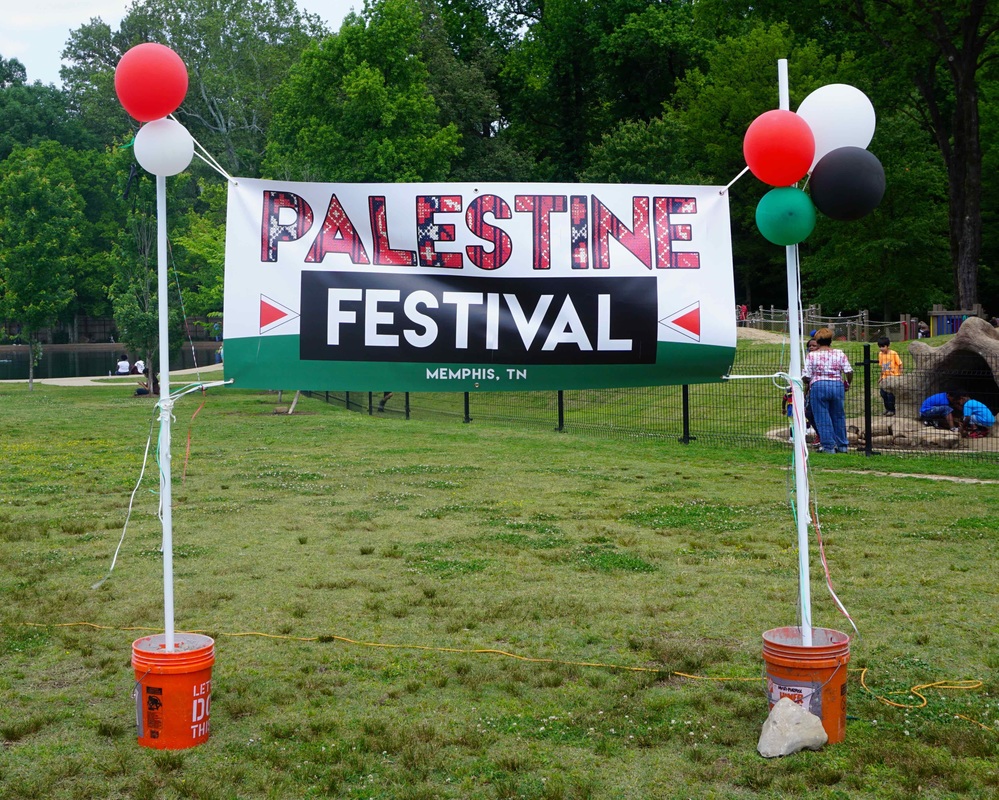
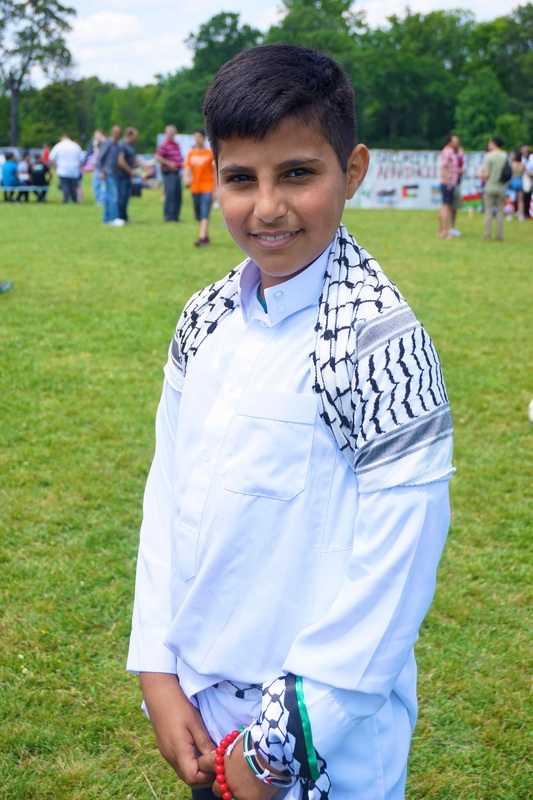
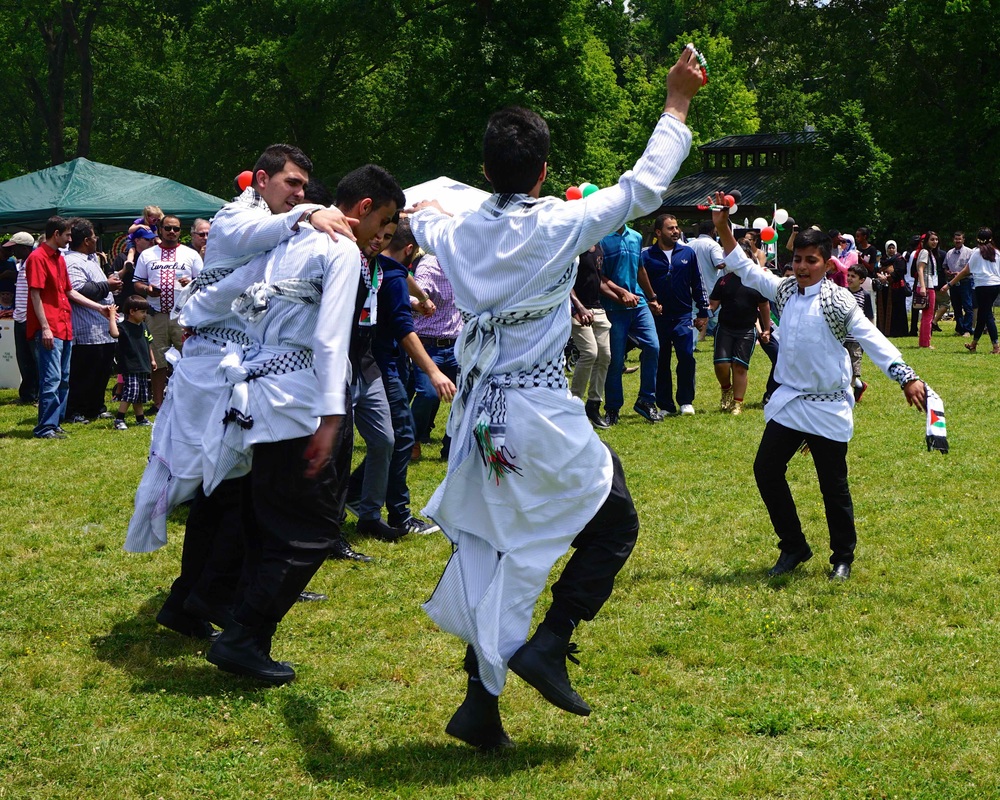
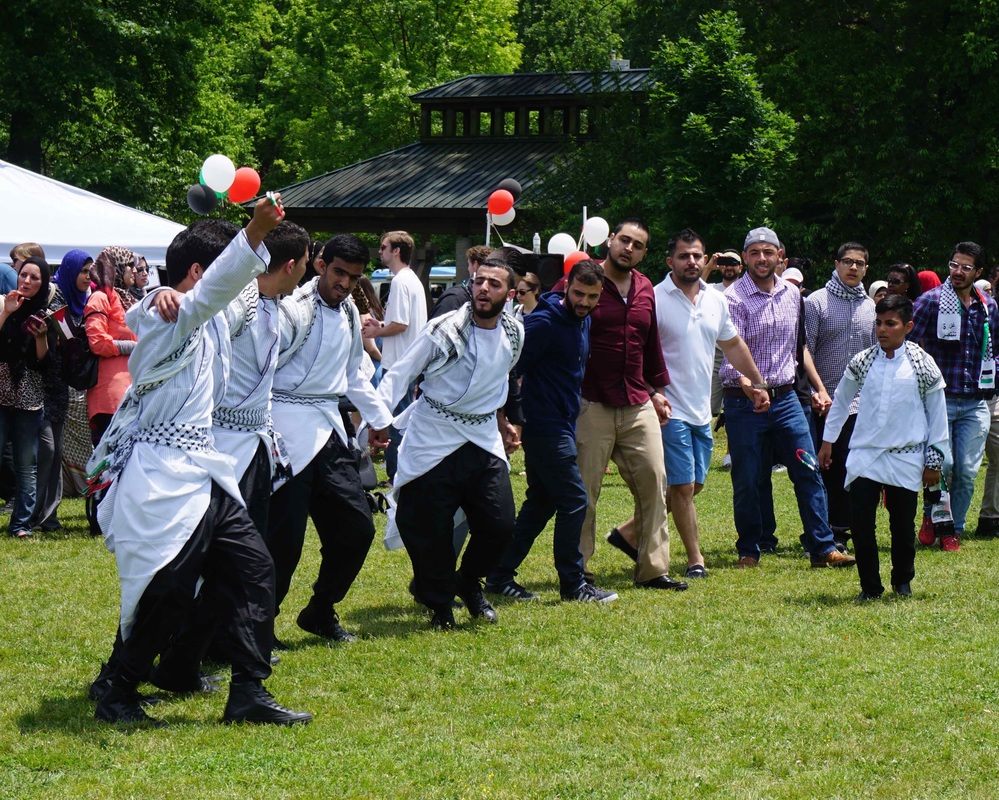
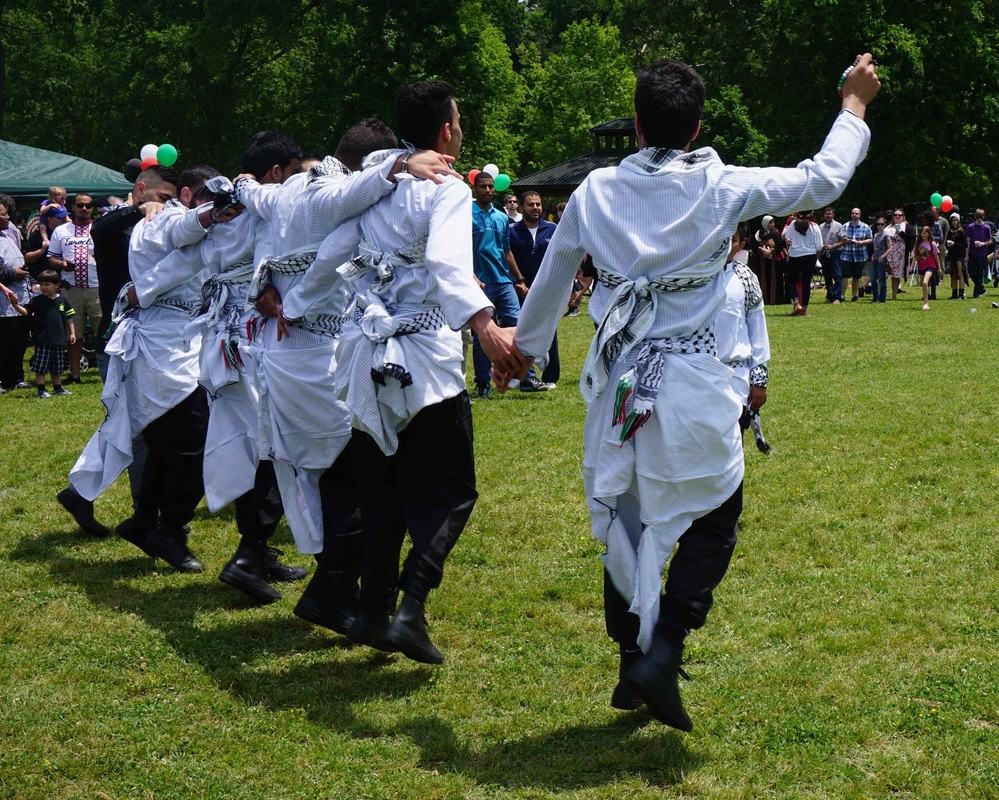
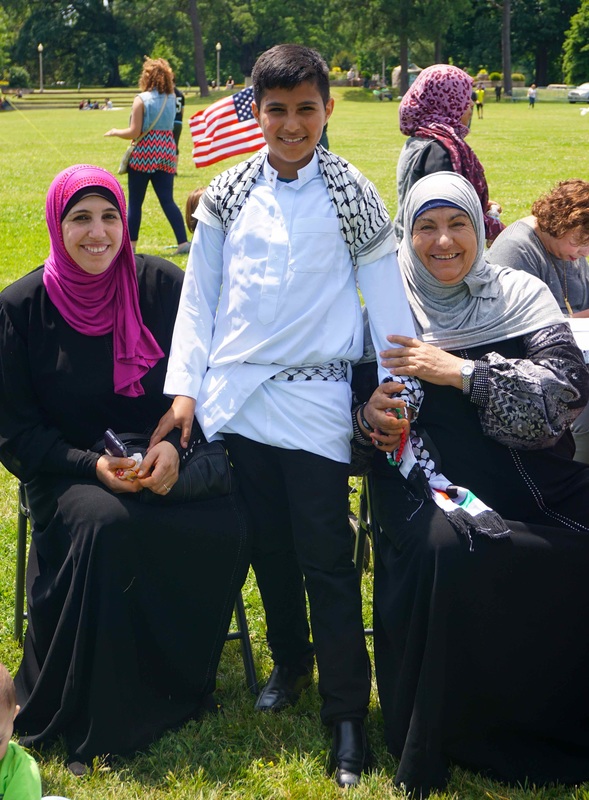
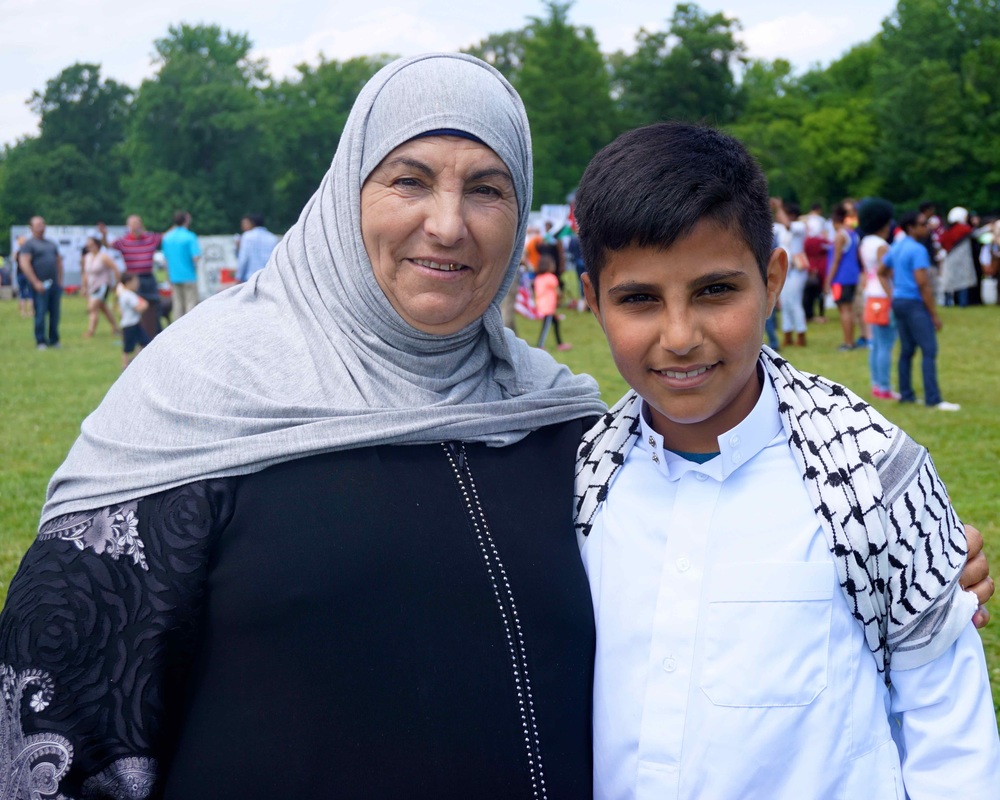
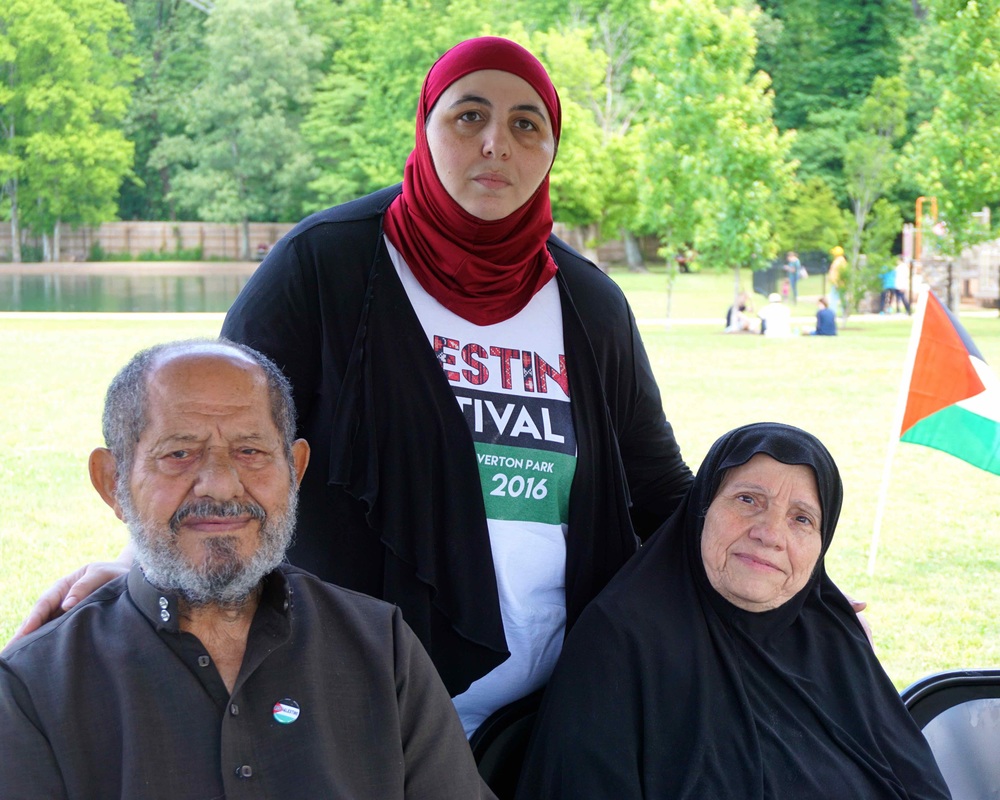
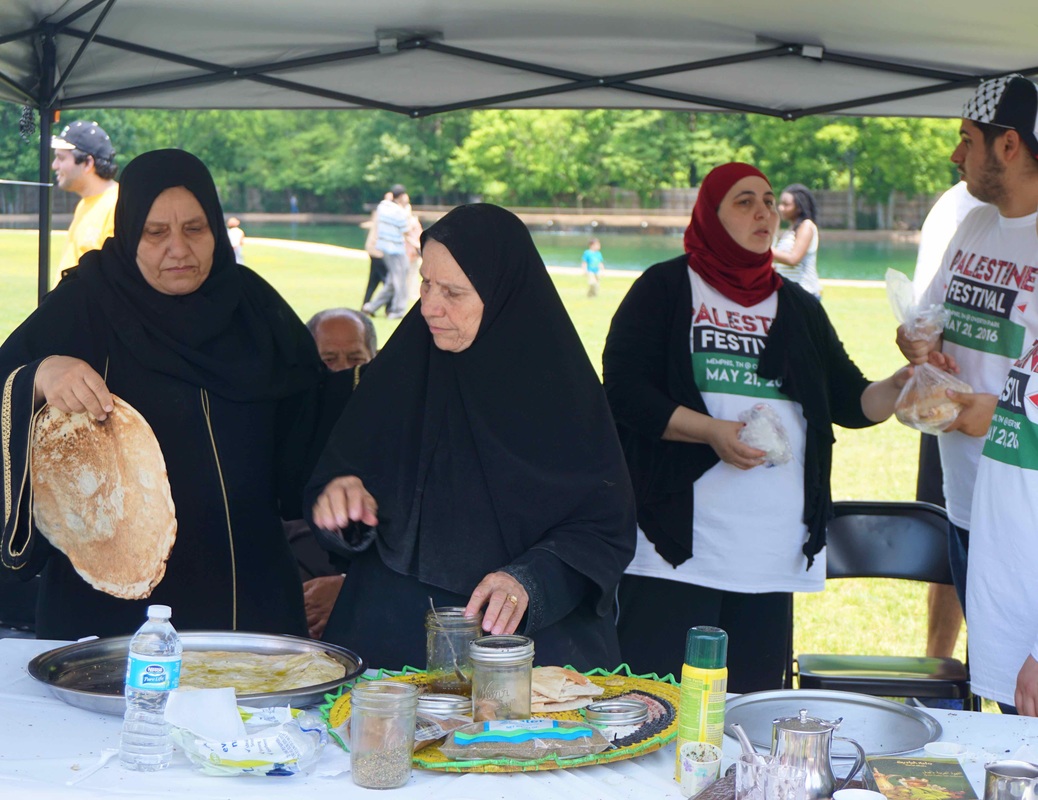
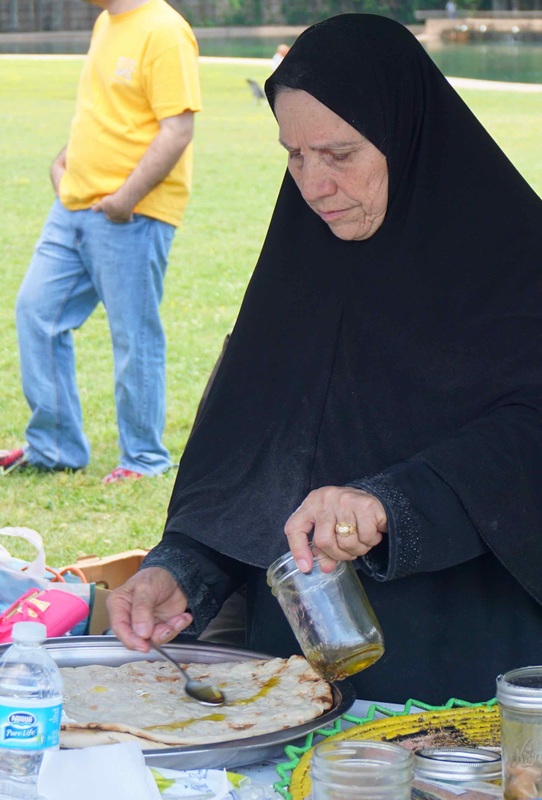
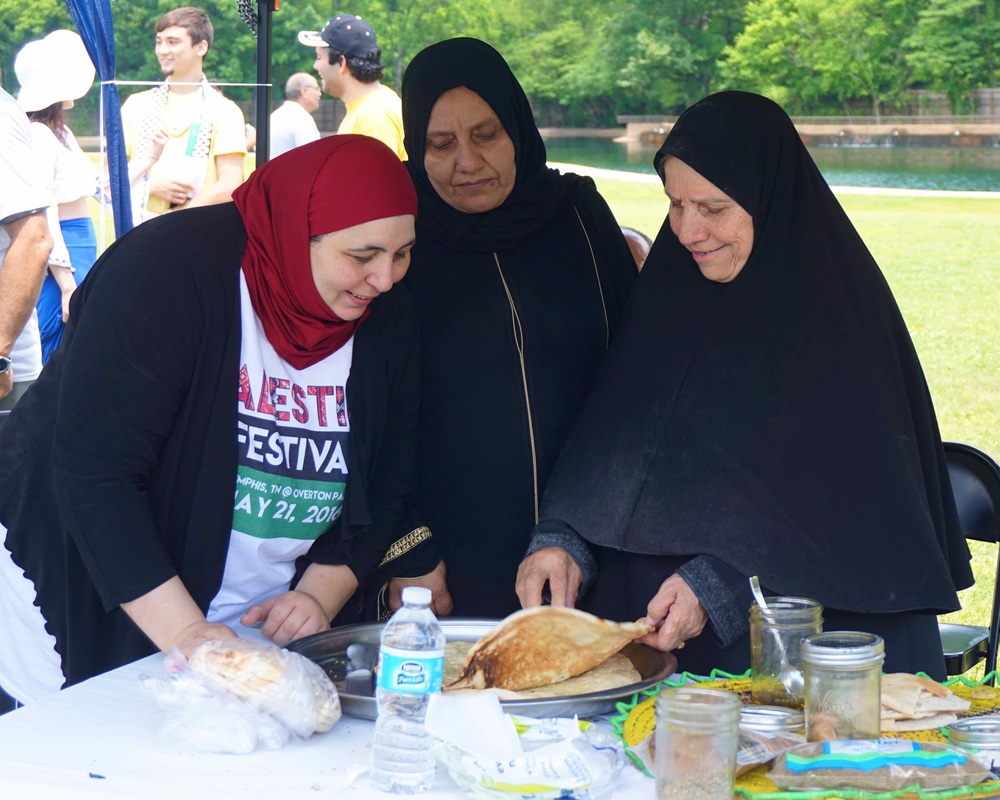
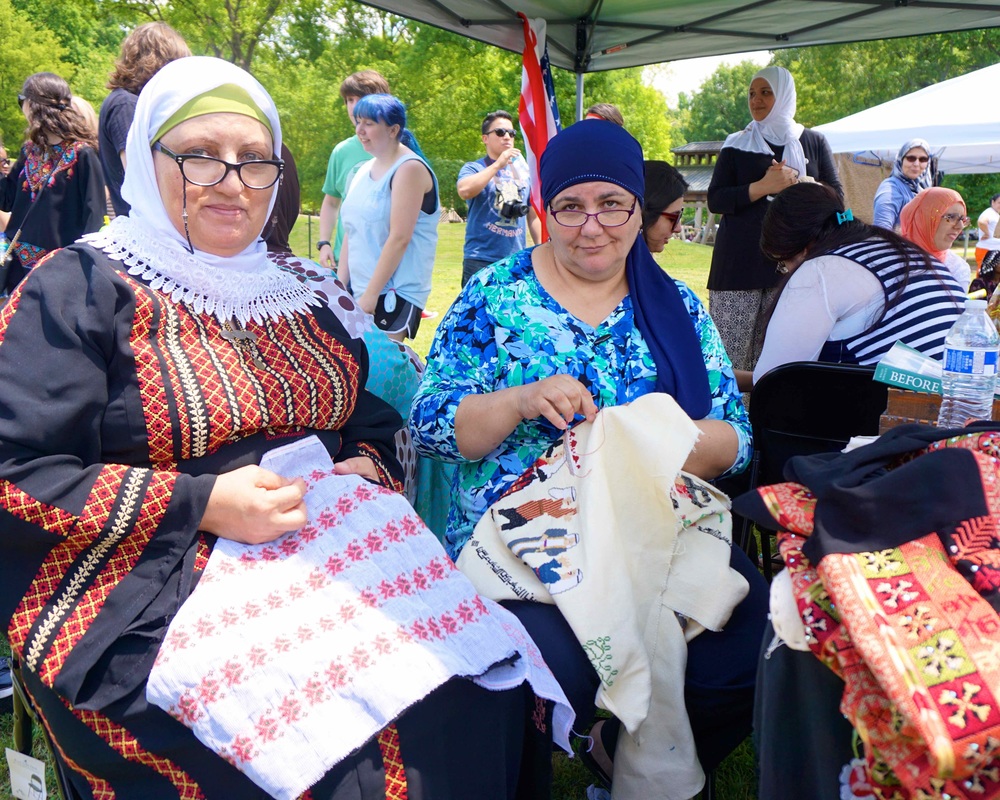
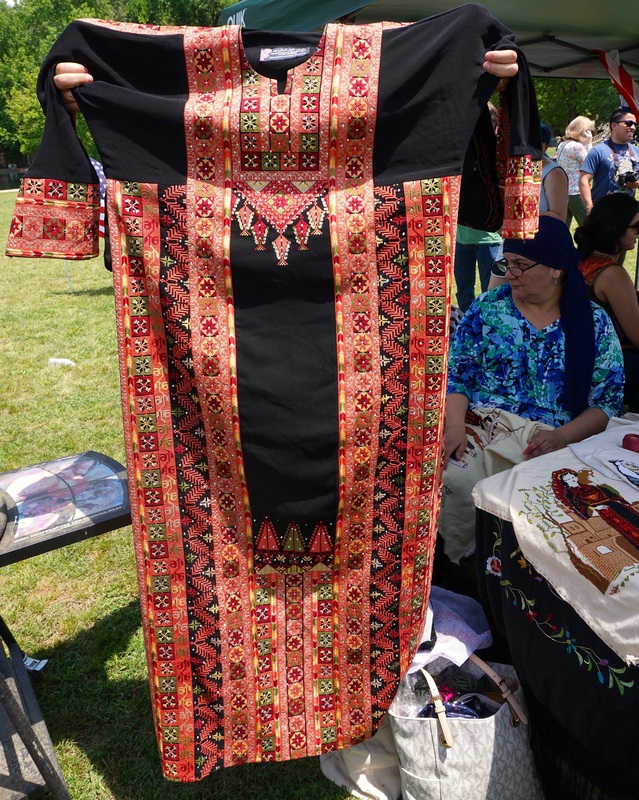
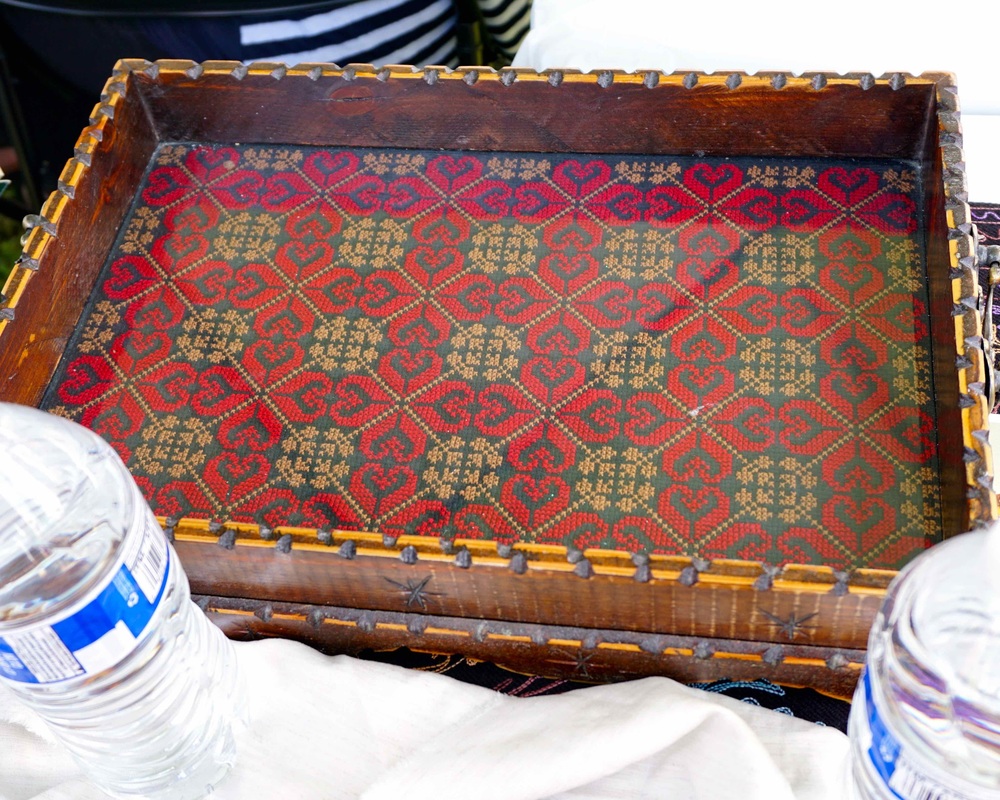
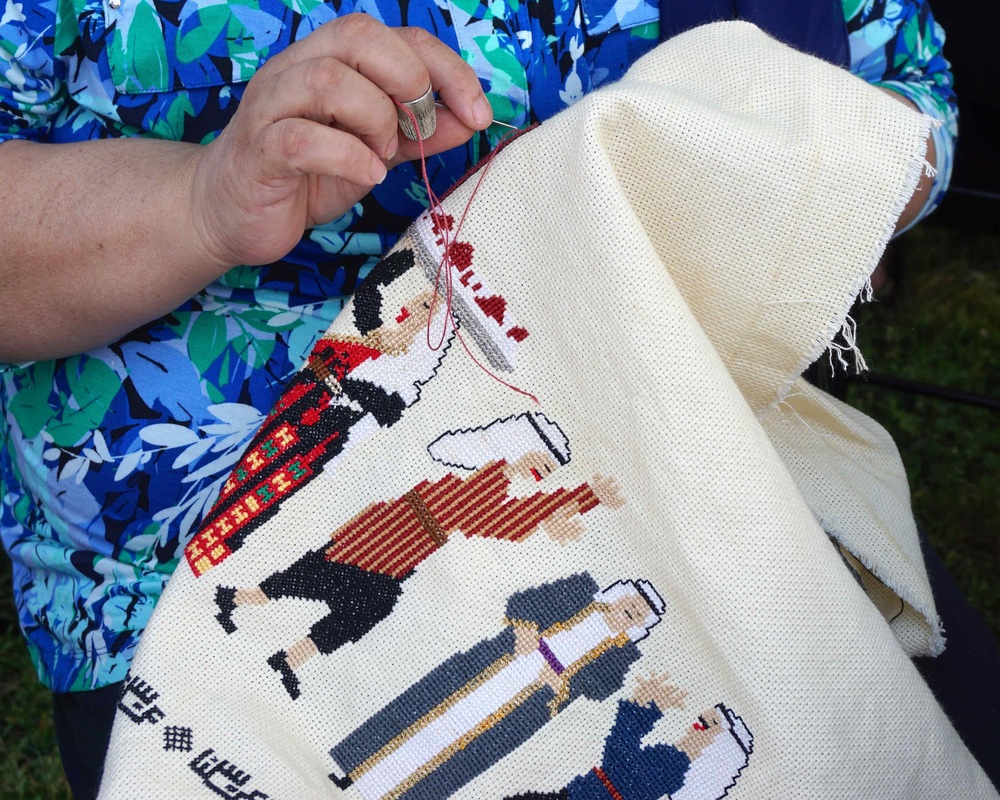
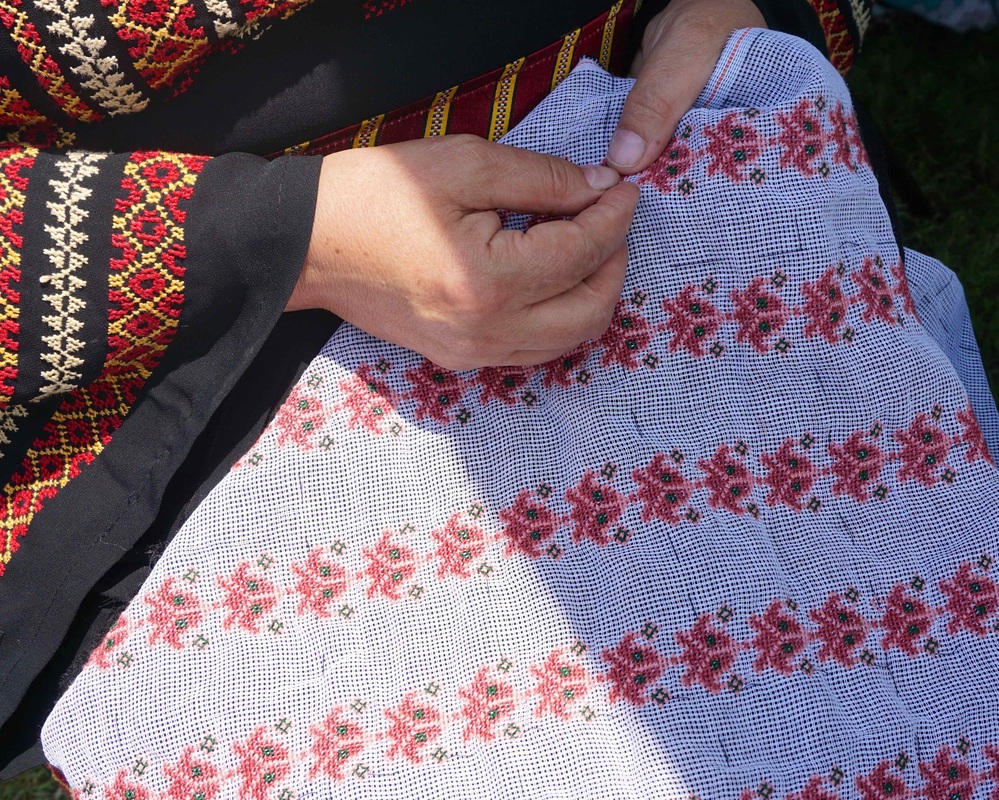
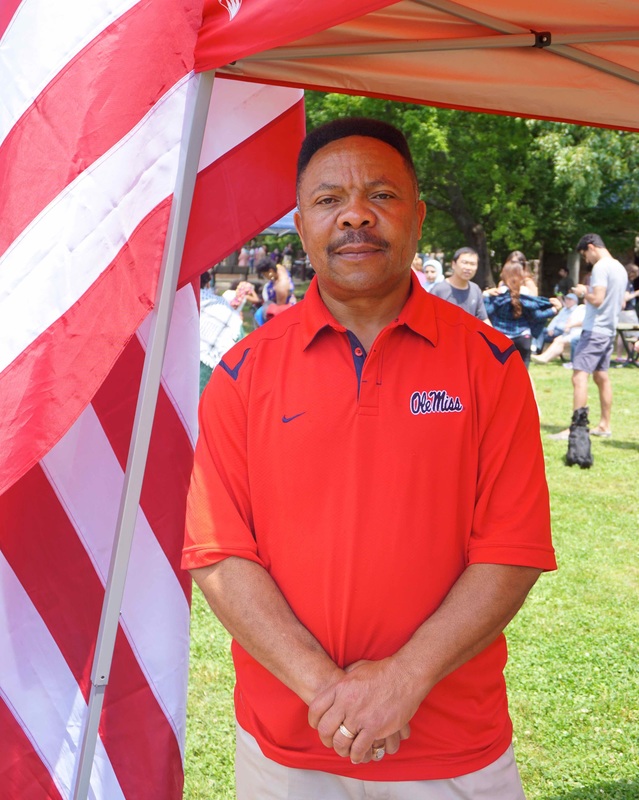
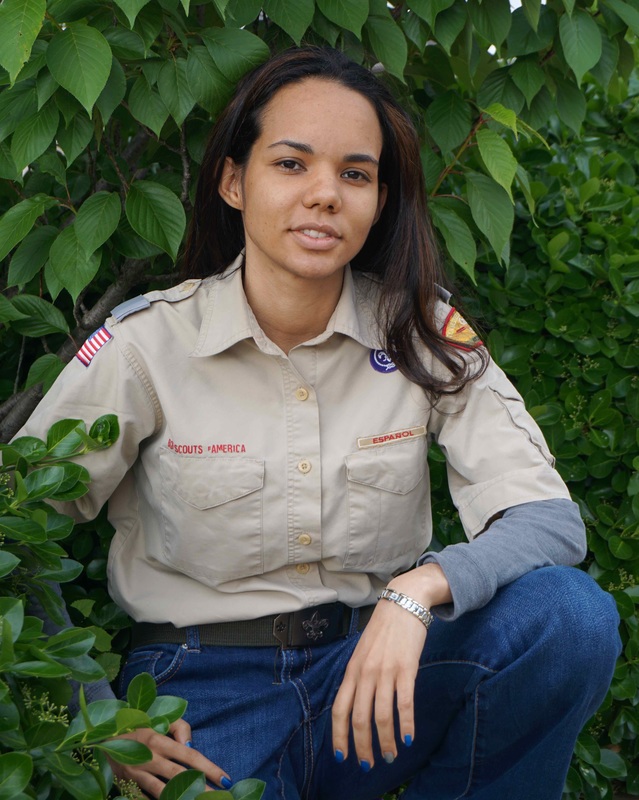
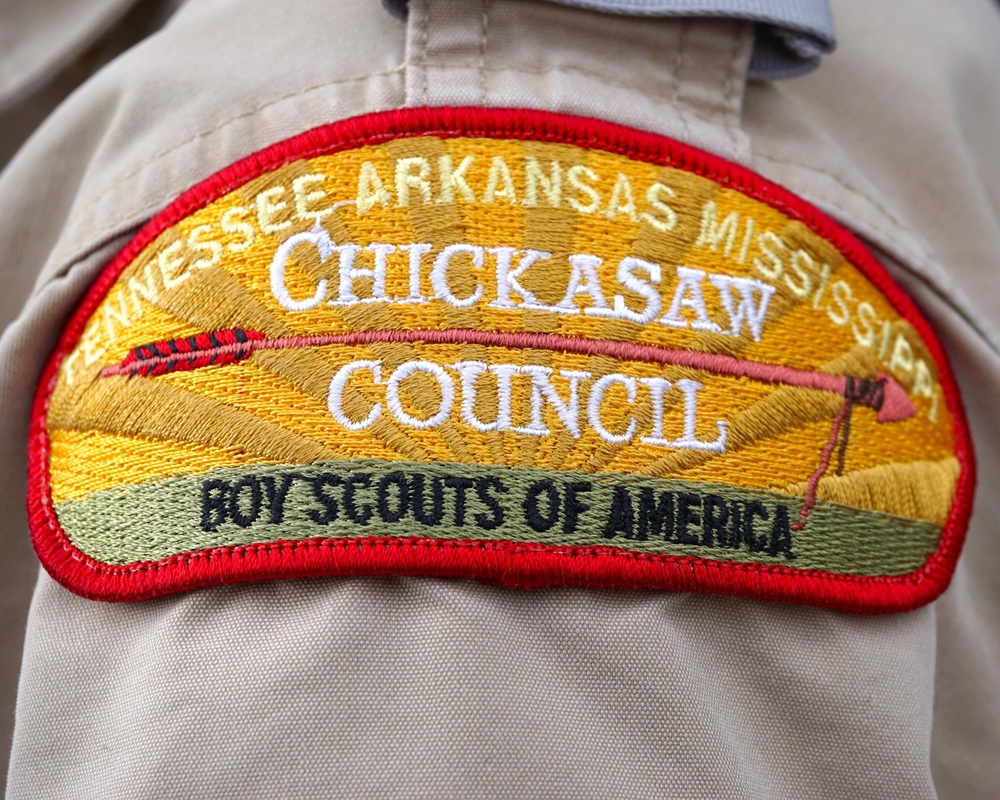
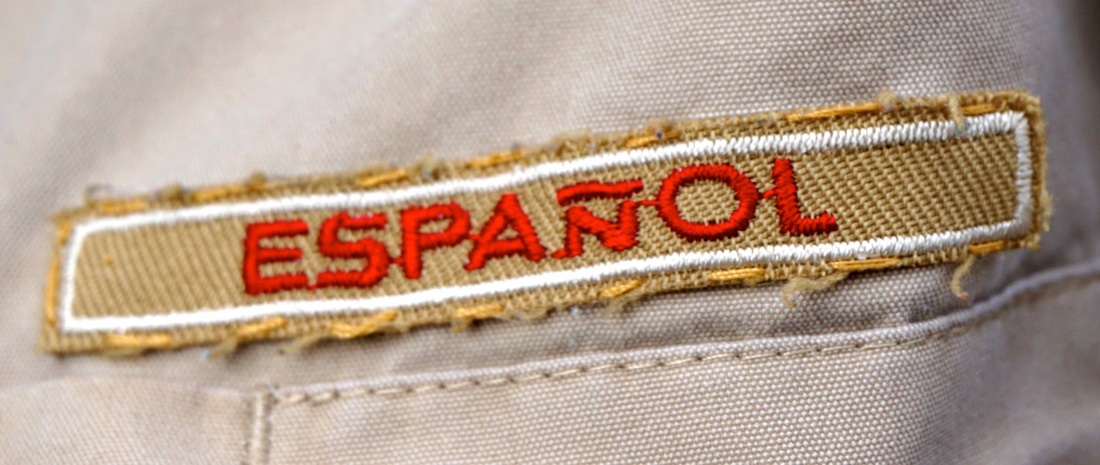
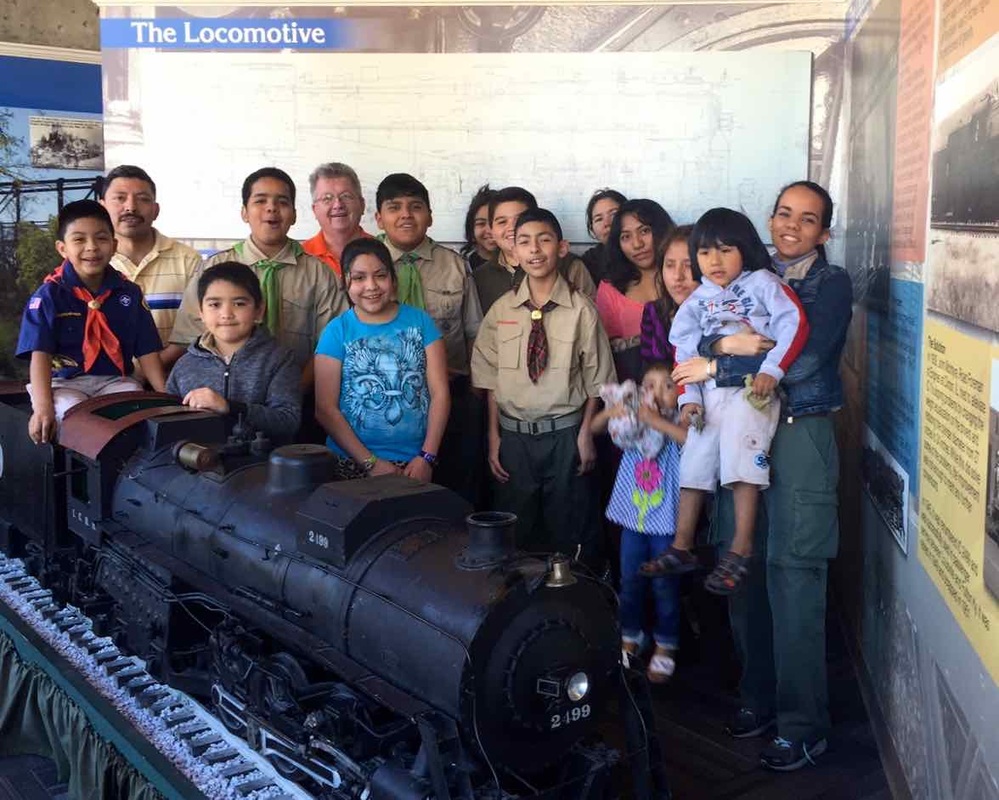
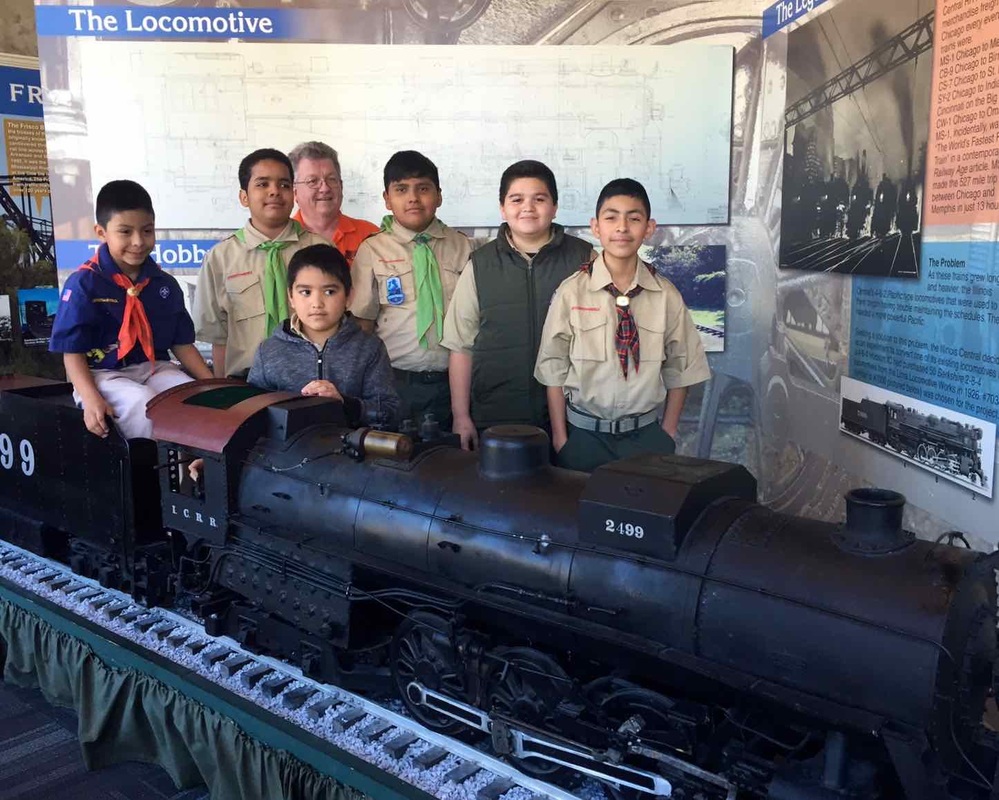
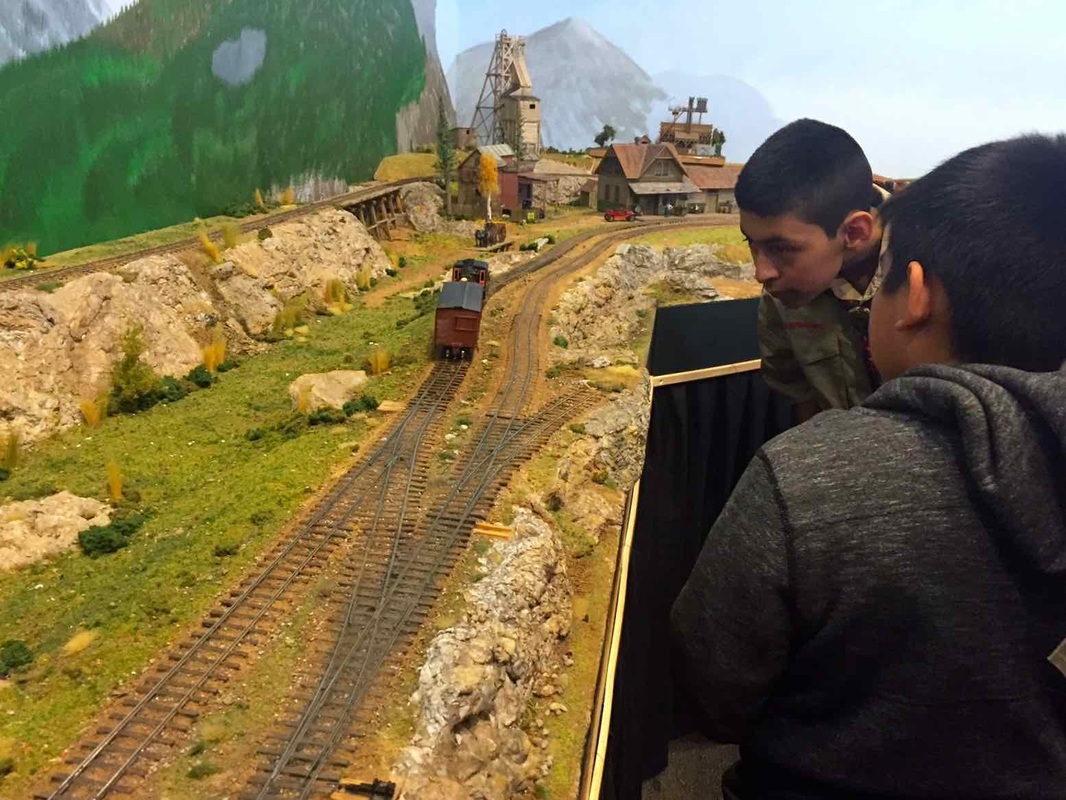
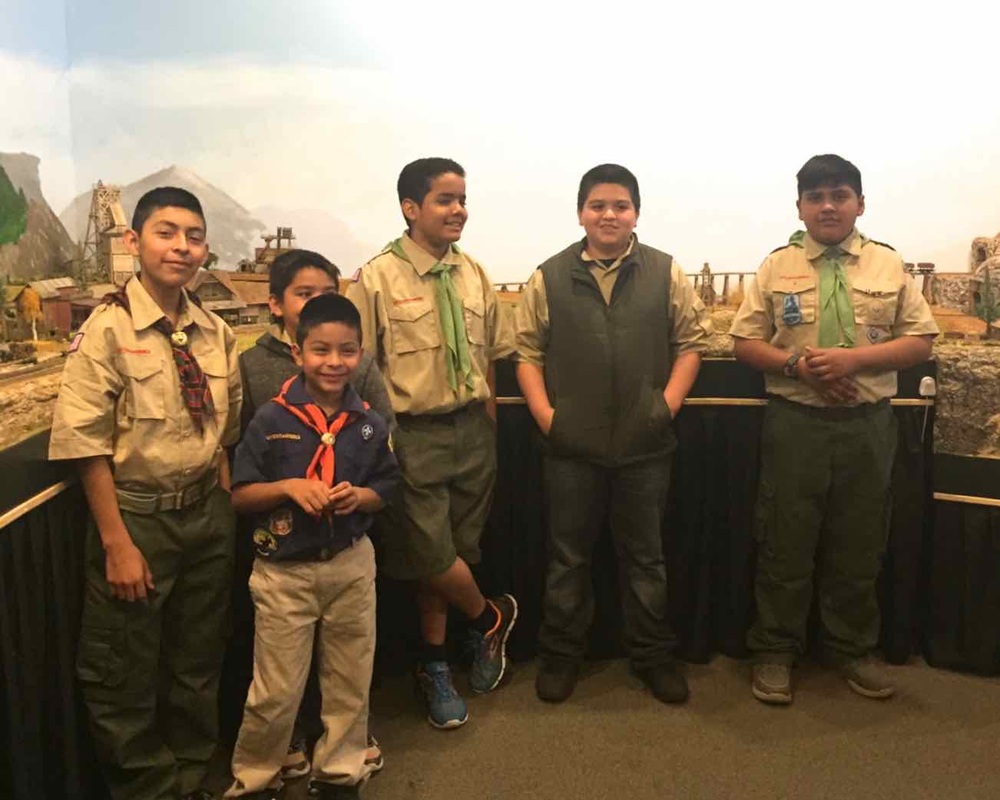
 RSS Feed
RSS Feed